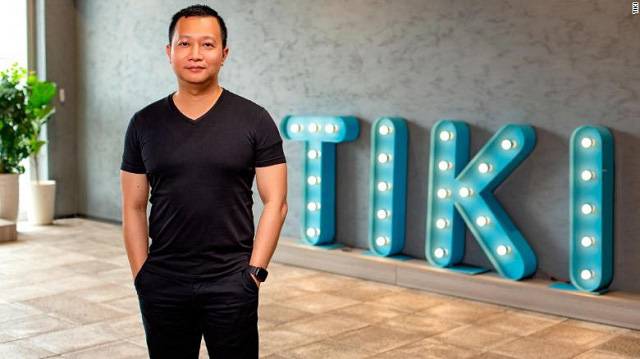
More than 4,000 startups marked Vietnam for venture capitals’ attention. Investment in Vietnamese startups in 2020 was 1,3 billion USD. However, a lot of them are in early stages making the market still risky.
Startups that became mature tech companies moved to another country to scale up. To find out why, Mr. Huynh Kim Tuoc -Director of Sihub mentioned that they need capital, consulting and connection to the network.
IPO will help international capitals pour into the startups, according to the billionaire Axel Schultze.
But Vietnamese startups are not familiar with IPOs. At Sihub, Mr. Tuoc saw many international stock exchanges calling for Vietnamese startups to list on, most recently from Indonesia. In 2016, the Korea Securities Commission worked with the National Assembly and the Vietnam Securities Commission on opening a stock exchange dedicated to startups. However, as observed by Sihub, startups are still not ready to IPO in the next 3-5 years. They are still learning about the initial public offering.
However, it is not easy for startups to IPO currently. Startups must convince investors by their unique business models, adaptability to crisis like Covid-19. Countries in the ASEAN such as Indonesia, Malaysia, Thailand, Singapore and the Philippines recorded 54 IPO deals with a total value of 5 billion USD this year. In the first 6 months of the year, 0 IPO has been recorded in Vietnam, according to Deputy Minister of Science and Technology – Mr. Tran Van Tung. And the country feels some pressure.
Grab, which reported a loss of 998 million USD in the third quarter of 2021, but valued at nearly $40 billion in the US market. But Vietnamese startups do not have that opportunity. Ms. Nguyen Quynh Anh, Director of the Swiss Entrepreneurship Program in HCMC, said Vietnamese startups do not have support from the ecosystem to start an IPO.
Stock exchanges have changed the rules so that startups can meet the standards of listing. Not only the US market but many countries around the world are also attracting tech startups to their exchanges. In November 2021, China opened a stock exchange in Beijing for SMEs with less than 3,000 employees. Even loss-making Chinese technology companies can list on STAR, Shanghai from 2019.
Meanwhile, Vietnamese startups have to set up a company in another country, the closest is Singapore, to be eligible for the listing in this country. Therefore, Ms. Anh said that Vietnam should not miss this potential market. She encourages the formation of special acquisition companies (SPACs) in Vietnam to help tech startups sold to investors. If Vietnam is still reluctant on this, Vietnamese startups will continue to go abroad. While waiting for IPOs to happen in Vietnam, ICO (Initial Coin Offering) is an alternative fundraising channel for Vietnamese startups in Singapore.
The Ministry of Science and Technology will try to promote new policies to encourage startups to IPO in Vietnam and globally, as promised by the Deputy Minister.
Related
Source: Vietnam Insider
